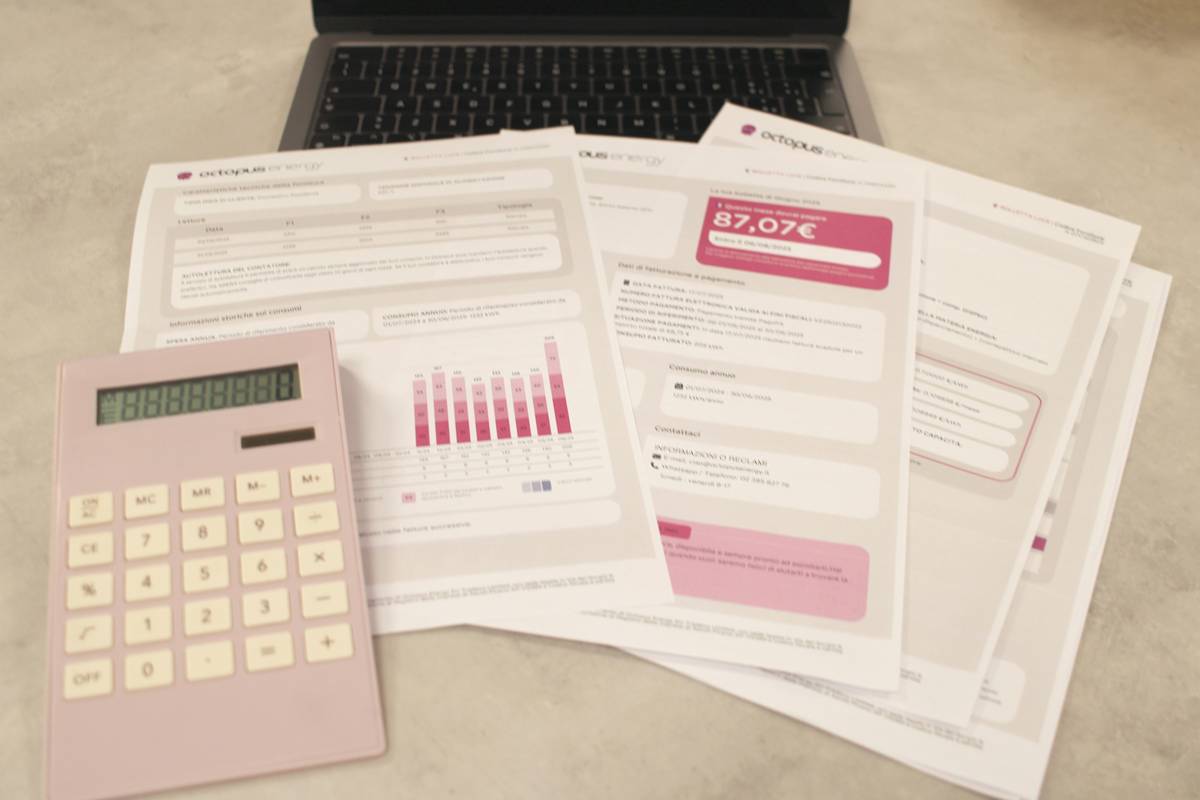Hook: Ever stared at your loan statement and thought, “If only I could press pause on life for a bit?” If so, you’re not alone. Millions of borrowers face financial tight spots where paying off loans feels impossible—but what if there was a lifeline?
Welcome to your go-to guide on mastering loan deferment eligibility checks. In this post, you’ll uncover:
- What loan deferment really means (and why it’s not a free pass).
- A step-by-step process to determine your eligibility.
- Pro tips to avoid common mistakes that tank your chances.
Table of Contents
- Key Takeaways
- Understanding Loan Deferment
- Step-by-Step Eligibility Check Guide
- Best Practices for a Smooth Process
- Real-World Examples
- Frequently Asked Questions
Key Takeaways
- Loan deferment temporarily pauses payments but doesn’t erase debt.
- An eligibility check is essential before applying—know the criteria!
- Common pitfalls include missing deadlines or ignoring lender guidelines.
What Exactly Is Loan Deferment? (And Why Should You Care?)

Let’s get real: Life happens. Whether it’s medical emergencies, job loss, or unexpected expenses, sometimes you need breathing room with your finances. That’s where loan deferment comes in—a temporary reprieve from making monthly payments without defaulting on your loan.
Confession time: I once ignored an email about my student loan deferment options because, frankly, opening it felt like admitting defeat. Spoiler alert: Ignoring bills never solves anything, folks. Eventually, I had to swallow my pride and figure out the eligibility requirements—and guess what? It saved me from drowning in late fees.
Grumpy Optimist Dialogue
Optimist You: “Eligibility checks sound straightforward!”
Grumpy You: “Ugh, fine—but only if coffee’s involved.”
How to Conduct an Eligibility Check Like a Pro
Ready to tackle your eligibility check? Here’s a no-nonsense breakdown:
Step 1: Review Your Loan Agreement
Your loan agreement holds all the juicy details. Look for clauses related to deferment, forbearance, or hardship programs.
Step 2: Contact Your Lender
Don’t ghost your lender—they’re here to help. Call them up and ask explicitly, “Am I eligible for loan deferment?” Be prepared to provide proof of your financial situation.
Step 3: Gather Documentation
Paperwork is king. Common documents include pay stubs, medical records, unemployment notices, or tax returns. Tip: Keep digital copies handy; they’re lifesavers during stressful times.
Step 4: Complete the Application
This is where most people trip up. Fill out every field accurately and double-check everything. Missing info can lead to rejection faster than you can say “eligibility check.”
Step 5: Submit Within Deadlines
Lenders aren’t messing around when it comes to deadlines. Set reminders on your phone or calendar app—better safe than sorry.
Best Practices for Navigating Loan Deferment Eligibility Checks
- Be Honest: Fudging numbers won’t fly. Lenders verify everything, and lying can cost you big-time.
- Start Early: Waiting until the last minute is a rookie mistake. Give yourself plenty of time to gather docs and submit.
- Know Your Options: Sometimes deferment isn’t the best choice. Explore income-driven repayment plans or refinancing as alternatives.
Rant Section
Listen up, folks: Nothing grinds my gears more than those shady companies promising “guaranteed approval” for deferment services. Save your cash—they’re preying on desperation. Stick with official channels instead.

Case Study: Sarah’s Success Story
Sarah, a graphic designer, found herself unemployed during the pandemic. She was drowning in student loans until she conducted her eligibility check. By providing proof of unemployment and negotiating directly with her lender, she secured a six-month deferment period. During that time, she landed a new gig and got back on track.
Moral of the story? A little effort goes a long way.
Frequently Asked Questions
Q: Can anyone apply for loan deferment?
Absolutely not. Eligibility depends on factors like loan type, borrower status, and specific lender policies.
Q: Will deferment affect my credit score?
No, it shouldn’t—as long as you follow through correctly. Late payments, however, are a different story.
Q: What’s a terrible tip for handling deferment?
Assuming it’ll happen automatically. Always initiate the process yourself.
Conclusion
By now, you’re armed with everything you need to conquer the eligibility check maze. Remember: Loan deferment isn’t a magic wand—it’s a tool. Use it wisely!
And hey, treat yourself after submitting that application. Maybe grab a latte or rewatch your favorite episode of Friends. You deserve it.
Haiku Break:
Debt’s heavy burden, Pause button gives some relief, Plan next steps wisely.
P.S. Like flipping open a Tamagotchi, staying on top of your finances requires daily care. Don’t neglect it!


